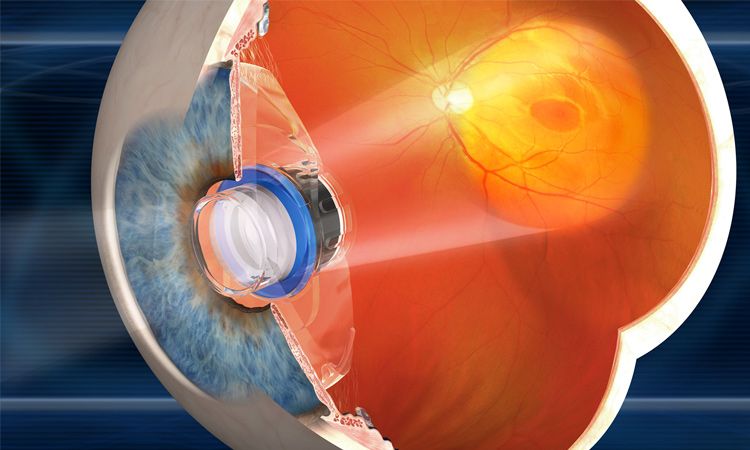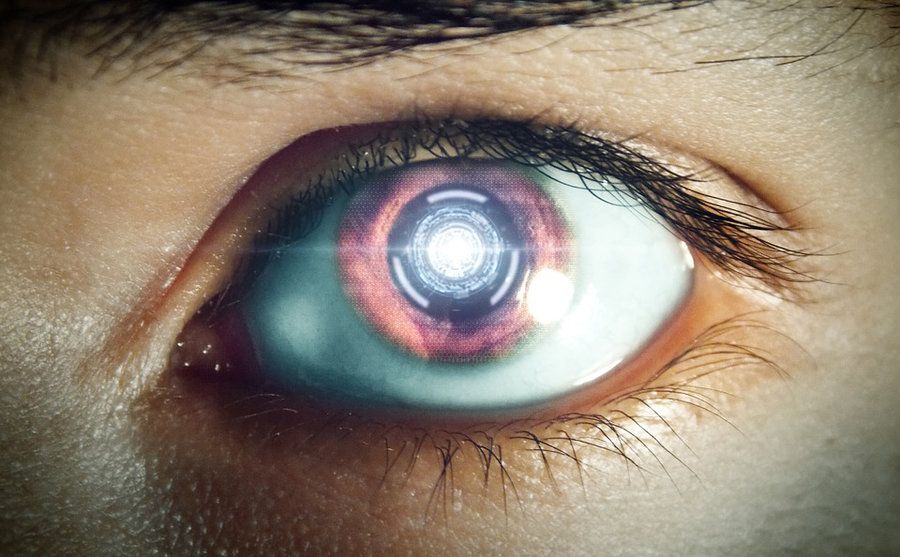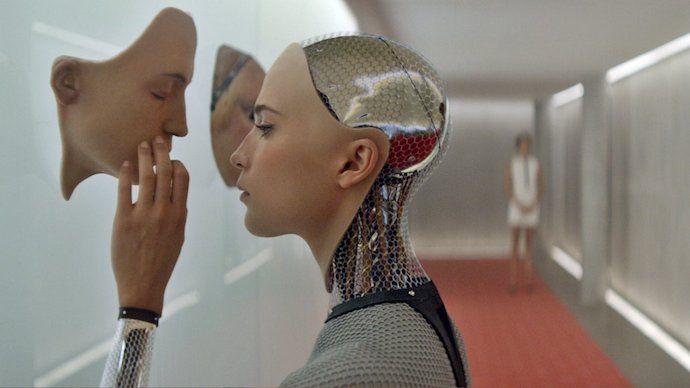This mechanical exoskeleton can help you carry 36-pound tools.
Category: cyborgs – Page 112
Solar-Powered Graphene Skin Enables Prosthetics to Feel
The team tested their device on a prosthetic hand. When the skin patches on the skin were enabled, the prosthetic could touch and grab soft objects like a normal hand. But when the skin was not turned on, the hand crushed the objects.
The skin requires just 20 nanowatts of power per square centimeter, according to the paper. Right now, the energy captured by the photovoltaic cells has to be used immediately, but the team has another prototype in development that includes flexible supercapacitors to store excess energy.
They are also working on scaling up the material to cover larger areas of a prosthetic or robot, using a method the team pioneered in 2015 for inexpensively producing large sheets of graphene. Dahiya expects the skin will eventually be produced for just $1 for 5 to 10 centimeters of the material.

Solar Powered e-Skin Could Take Prosthetics to the Next Level
Ingenious e-skin invented by scientists from the University of Glasgow improves the performance of prosthetic limbs through sensitive sensors.
Elon Musk Just Launched A Company To Merge Your Brain With A Computer
In case you missed it, Elon Musk is rather concerned about the fate of humanity, given the extreme advancements being made in artificial intelligence (AI). Ultimately, he fears that our AI will, one day, overtake us. When this happens, he claims that humans will likely become second class citizens (or slaves, or something even worse).
Now, reports have surfaced which assert that he is backing a brain-computer interface venture that was founded to allow humans to keep up with the advancements made in machines. The interface is intended to work by augmenting that which makes us human: our brains.
The find comes from The Wall Street Journal. According to them, the company – which is called Neuralink – is still in the earliest stages of development. To that end, it has no public presence at all.
The Weird World of Cyborg Animals Is Here
Roboticists frequently turn to nature for inspiration for their inventions, reverse engineering the traits that evolution has developed over millennia. Others are taking a shortcut by simply integrating modern technology with living animals.
The idea may seem crazy, but animals and machines are not so different. Just as a network of wires carry electrical signals between a robot’s sensors, processing units and motors, the flow of action potentials around our nervous system connects our sensory organs, brain and muscles.
But while there are similarities, the natural world has come up with some intricate solutions to problems that engineers are nowhere near replicating in silicon. That has prompted some scientists to try and piggyback on evolution’s innovations by building part-animal, part-machine cyborgs. Here’s a rundown of some of the most eye-catching examples.


Scientists Grow Human Skin on Robots
Part man, part machine: Researchers at the University of Oxford are making The Terminator a reality.
Pierre-Alexis Mouthuy and Andrew Carr, of the Oxford Musculoskeletal Biomedical Research Unit, test medical technology by dressing robots in human flesh.
The cyborgs “wear” tissue grafts to help develop artificial muscles and tendons before transplantation.

New nano-implant could one day help restore sight
A team of engineers at the University of California San Diego and La Jolla-based startup Nanovision Biosciences Inc. have developed the nanotechnology and wireless electronics for a new type of retinal prosthesis that brings research a step closer to restoring the ability of neurons in the retina to respond to light. The researchers demonstrated this response to light in a rat retina interfacing with a prototype of the device in vitro.
They detail their work in a recent issue of the Journal of Neural Engineering. The technology could help tens of millions of people worldwide suffering from neurodegenerative diseases that affect eyesight, including macular degeneration, retinitis pigmentosa and loss of vision due to diabetes.
Despite tremendous advances in the development of retinal prostheses over the past two decades, the performance of devices currently on the market to help the blind regain functional vision is still severely limited—well under the acuity threshold of 20/200 that defines legal blindness.

Thinking Machines: 7 of the Best Books on Artificial Intelligence
More news on the new #transhumanism book just out: To Be a Machine. http://www.signature-reads.com/2017/03/7-best-books-artificial-intelligence/ & https://undark.org/article/30154-2/ & http://bookforum.com/blog/17478
Decades ago, if you were writing about robots, it was probably in one of two forms: either a science fiction narrative, or something short about the handful of robots that could be purchased for home or recreational use. Now things have changed. Home devices can recognize and respond to speech, prosthetic technology has been dramatically advanced, and our very understanding of what constitutes a robot has significantly changed.
With these advances in technology have come other questions, some pertaining to the nature of intelligence, some relating to the lines between humanity and machines, and still more that use our research into robotics to explore what makes us human. So, with that in mind, here’s a look at a handful of the best books on artificial intelligence, dealing with questions of robots, body modification, the Singularity, and more. Crank up Flight of the Conchords’s song set after a robot uprising and dig in.